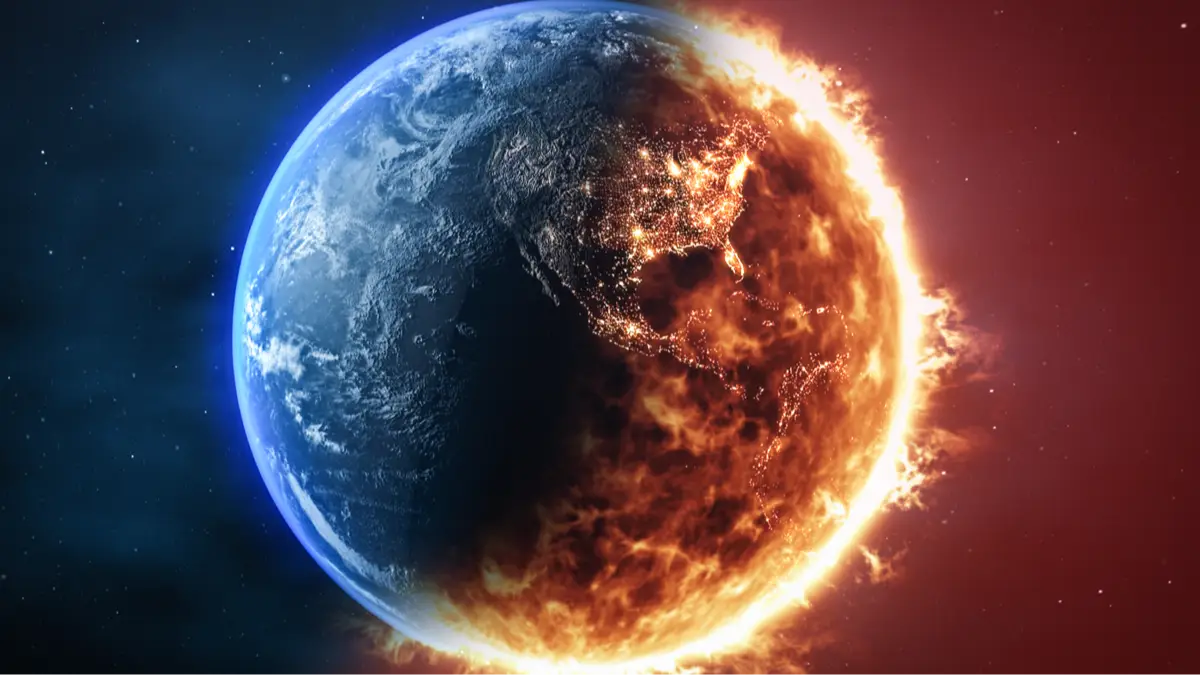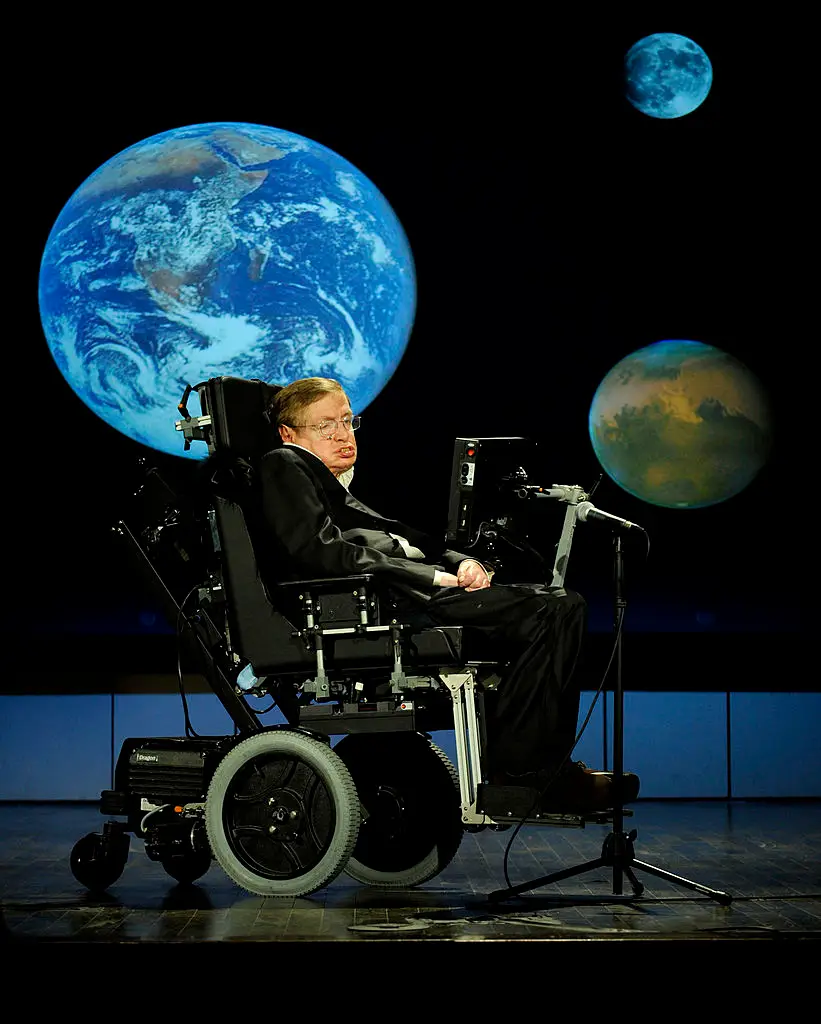
It looks like the universe may end much sooner than anticipated.
Dutch researchers have looked into the initial theories about when the universe is likely to cease to exist.
The team from Radboud University in the Netherlands put their heads together and used Hawking radiation to come to a conclusion.
This theory is named after the late Stephen Hawking, who came up with the idea that black holes leak radiation and they eventually evaporate.
Advert
Scientists at the university then used this theory on other objects in the universe — neutron stars and white dwarfs, for example — and discovered that these things also disappear like black holes.
Neutron stars and white dwarfs are the final stage of a star's life cycle, and while they can remain in this stage for a long time, Radboud researchers have proposed a new theory that they too gradually dissipate like black holes.
With this in mind, it's now expected that the universe will end in 1,000,000,000,000,000,000,000,000,000,000,000,000,000,000,000,000,000,000,000,000,000,000,000,000,000,000 (one quinvigintillion or 0 to the power of 78) years.
While this is still a very long time away, it's a drastic revision from previous estimate of of 10 to the power of 1,100 years, explains CBS News.
Speaking about their findings, lead author Heino Falcke said: "So the ultimate end of the universe comes much sooner than expected, but fortunately it still takes a very long time."
Elsewhere the study has been described as 'an exciting collaboration of different disciplines and that combining astrophysics, quantum physics and mathematics leads to new insights', says Phys.org.
Noting this, study co-author Walter van Suijlekom shared: "By asking these kinds of questions and looking at extreme cases, we want to better understand the theory, and perhaps one day, we will unravel the mystery of Hawking radiation."

However, we needn't worry about the end of the universe because if Steven Hawking's predictions about the end of the world are accurate, we'll be long gone by the time it ceases to exist. Hawking previously suggested that the Earth will die out in 2600.
He said that things like nuclear war, global warming, and genetically-engineered viruses will contribute to Earth's demise, and NASA have since echoed similar sentiments.
Speaking last year, the space agency warned: "For more than 50 years, NASA has studied our home planet, providing information to directly benefit humanity and producing observations that can only be gathered in space that address some of the areas that Hawking mentioned.
"The effects of human-caused global warming are happening now, are irreversible for people alive today, and will worsen as long as humans add greenhouse gasses to the atmosphere."